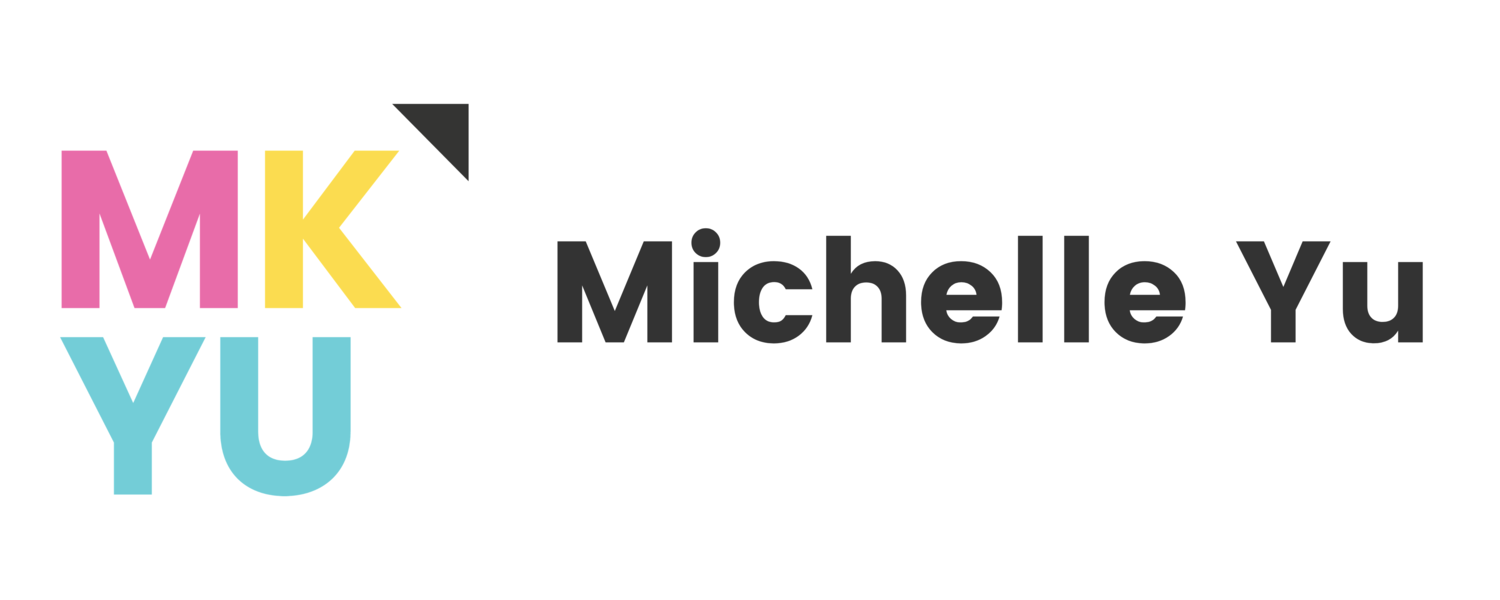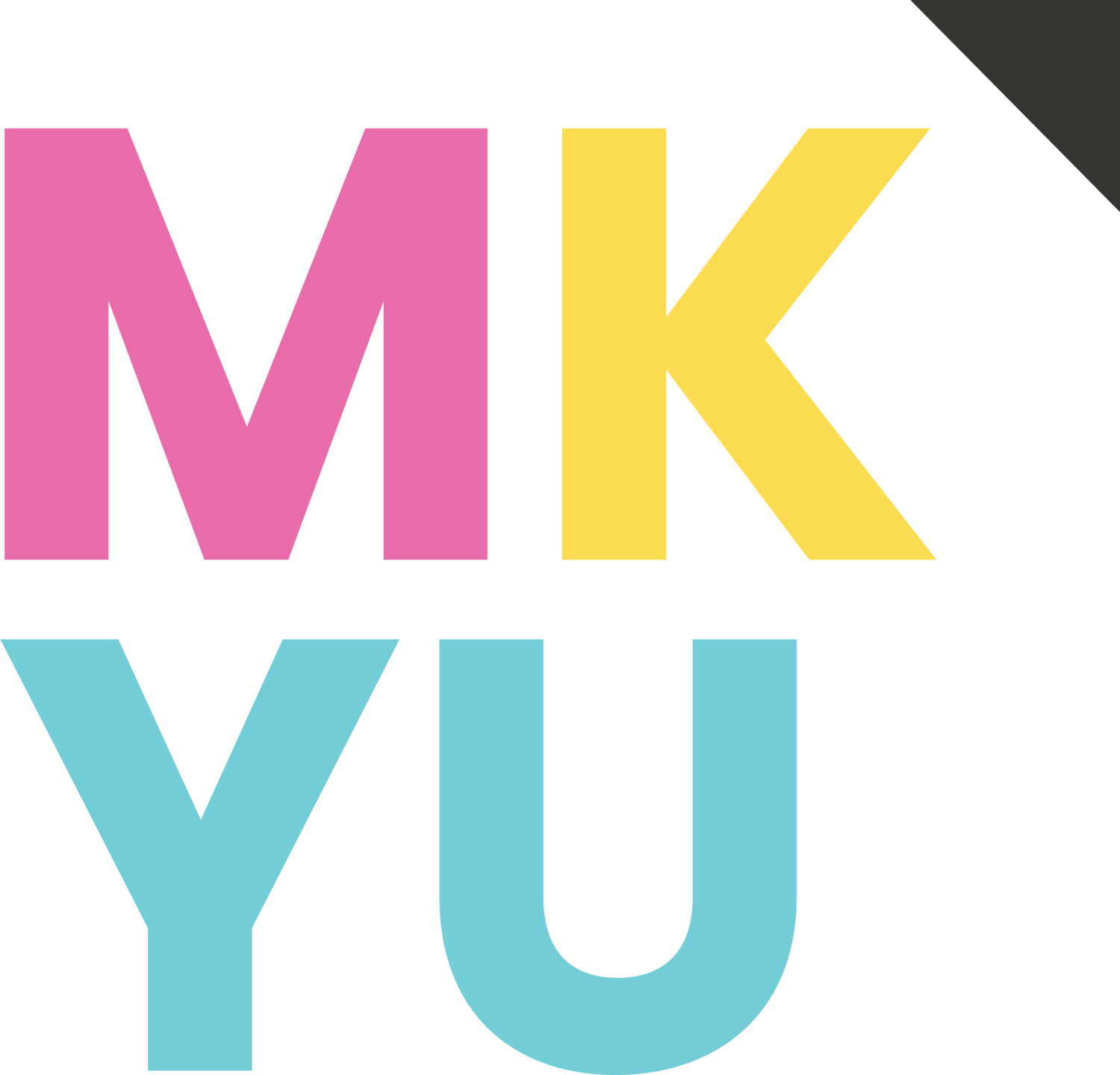What I Learned During My Job Search
As noted in my last post, I recently landed a new job. As someone who has worked in Talent Acquisition for the past 4 years, it was an eye opening experience to go through such an extensive search as a candidate. There were a few things that struck me during this process that I wanted to discuss.
Subconscious and implicit biases suck
I felt subconscious and implicit biases from my interviewers on multiple occasions. On two accounts, I received specific pushback that I "didn't have enough 'management' experience" or that they "wanted someone like me but in a couple years." These types of remarks generally came from interviewers during our first phone conversation, which lead me to wonder: why even bother talking to me in the first place, if a decision was already made up before we had a chance to speak? Unfortunately, as sucky as it sounds, there's not a whole lot a candidate can do about it, aside from being prepared to push back from various angles; make sure to immediately fire back and rebut wherever the interviewer sees they fall short. It's also a good reminder to candidates (as future employees and interviewers) to be aware of these gaps, and that you shouldn't judge a book by it's cover.
The smartest person in the room
Though all companies say they wish to acquire the best talent, sometimes this might not feel like the case. It's a subconscious bias that interviewers, colleagues, and even managers, may not want to hire someone who could over-shine or surpass them, as this makes them feel threatened. For clarity of thought, what I'm referring to is different from being over-qualified for a position. It's a "culture-fit" feeling that may lead to rejecting perfectly qualified candidates for no apparent reason. I've seen this in organizations I've worked with, in my own interviewing process, and by interpreting interview feedback.. To overcome, candidates (and employees) should be careful to balance the perception they give off: be confident and modest, smart but not arrogant, assertive but agreeable. Having too many smart people in one room can lead to competition and threat, so candidates should be aware of the person they are interviewing with, keeping in mind their level and nature of their role. Be conscientious and mindful of the perception you give off.
Know your story, backwards and forwards
I can't emphasize this enough. The best candidates understand themselves, their background, and where they want to go in the future. They can connect the dots, and convey their story to the interviewer in a way that seamlessly connects their background to the new opportunity. Candidates shouldn't be aimlessly firing away their resume to positions that are completely out of reach - recruiters and interviewers can see through this. So, when job searching, the more you convince yourself why the position is truly aligned with your interests, the less forced it feels, and the easier to sell yourself. Make sure to take a step back, and remind yourself of what you are chasing after; don't chase without first having a clear direction.
Stay focused
One of the most challenging parts of being in an MBA program was the competition amongst my driven and ambitious classmates. Throughout my program, I'd hear about colleagues who found amazing opportunities at amazing companies. It was a delicate balance: you want to be supportive, yet at the same time, you feel this internal pressure inside. After a while, I learned to tune this out and not let that competitive pressure get to me. Remember: this is your personal journey, and everyone moves at their own pace when it comes to career and job searching. Put those blinders on, and stay focused. Rome wasn't built in a day, so take it step by step.
Share

